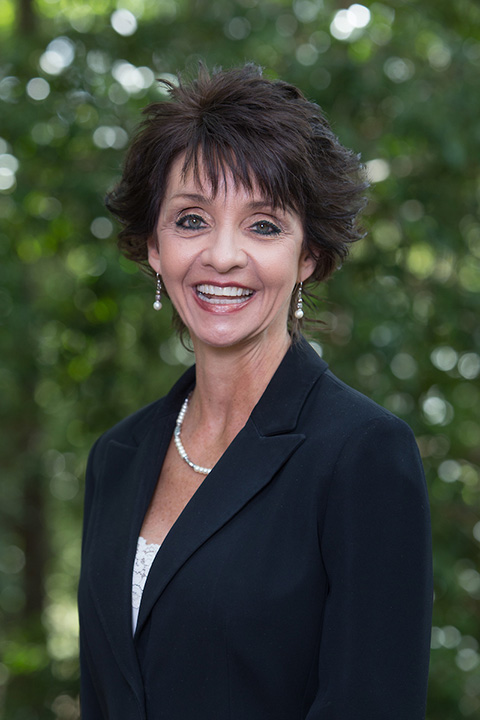
In the realm of health care advocacy, few causes are as urgent and pervasive as the fight against diabetes. Annette Hess, a distinguished professor at Samford University's Moffett & Sanders School of Nursing, stands at the forefront of this battle, using both her professional expertise and personal experience to champion the cause. Recently, Hess was invited by the American Diabetes Association® (ADA) to advocate for critical issues surrounding diabetes research and medication affordability.
Hess's involvement in the diabetes advocacy arena is extensive and deeply rooted. As a member of the ADA Community Leadership Board and an integral part of the Alabama ADA team, she has long been committed to improving the lives of individuals affected by diabetes. Her dedication was further established when she was invited to be an advocate at the ADA’s Call to Congress, a distinction that highlights her influential role in shaping diabetes-related policies and initiatives at both the state and national levels.
Hess participated in the pivotal Call to Congress event in the nation's capital on March 12. This gathering provided an invaluable platform for Hess and fellow advocates from across the nation to engage with congressional representatives and discuss pressing issues such as funding for diabetes research, access to healthcare and the affordability of life-saving medications, including insulin.
Reflecting on her unexpected invitation to the Call to Congress by Catherine Davis, director of grassroots advocacy for the ADA, Hess attributes her involvement to a higher calling. "All of these opportunities arose because God showed me what to do," she shares humbly. "I didn't ask to go; it was an unexpected invitation."
For Hess, advocating for diabetes awareness and support is not merely a professional obligation but a deeply personal mission. Having lived with type 1 diabetes for over five decades, she very much understands the challenges and hardships faced by individuals managing this chronic condition. Her dual perspective as both a health care provider and a patient play a part of her advocacy efforts with empathy, insight and determination.
When asked about the significance of representing Alabama's diabetes population on a national stage, Hess highlighted the honor it entails. "It's both a professional and personal honor," she affirms. "I hope to convey the urgent need for increased funding for diabetes research and essential management resources, as well as the critical importance of making medications more affordable for patients."
Medication affordability stands as a prominent concern of Hess's advocacy priorities. She emphasizes the consequences of exorbitant medication costs, stressing that affordability is a matter of life and death for many individuals living with diabetes. "We're not asking for handouts," she clarifies. "We're advocating for reasonable, accessible pricing that ensures no one has to sacrifice their health due to financial barriers."
As Hess continues her tireless efforts to elevate the voices of those affected by diabetes, her commitment serves as a beacon of hope for individuals and communities grappling with this pervasive health challenge. With unwavering determination and compassionate advocacy, she embodies the spirit of resilience and empowerment that defines the fight against diabetes.